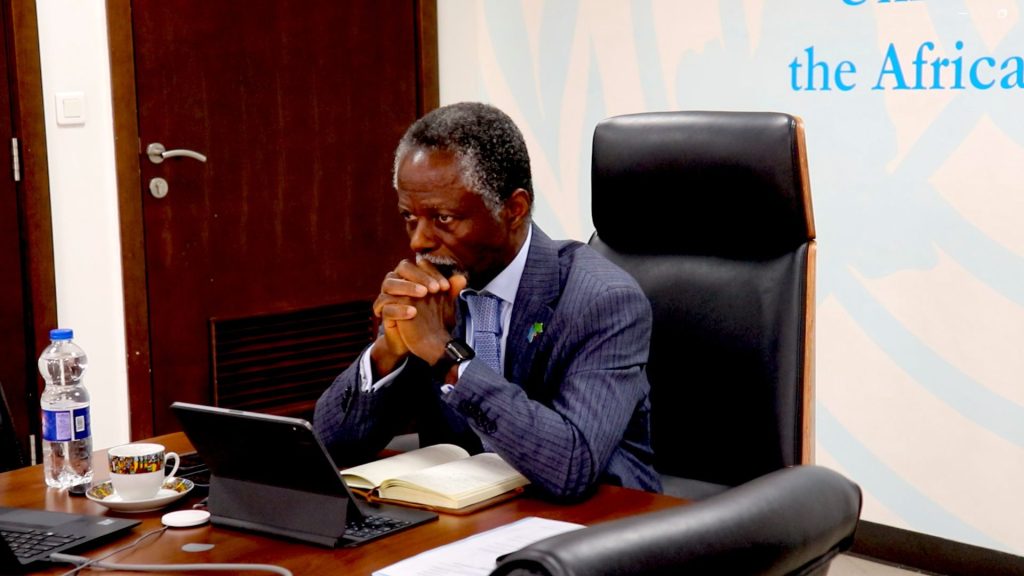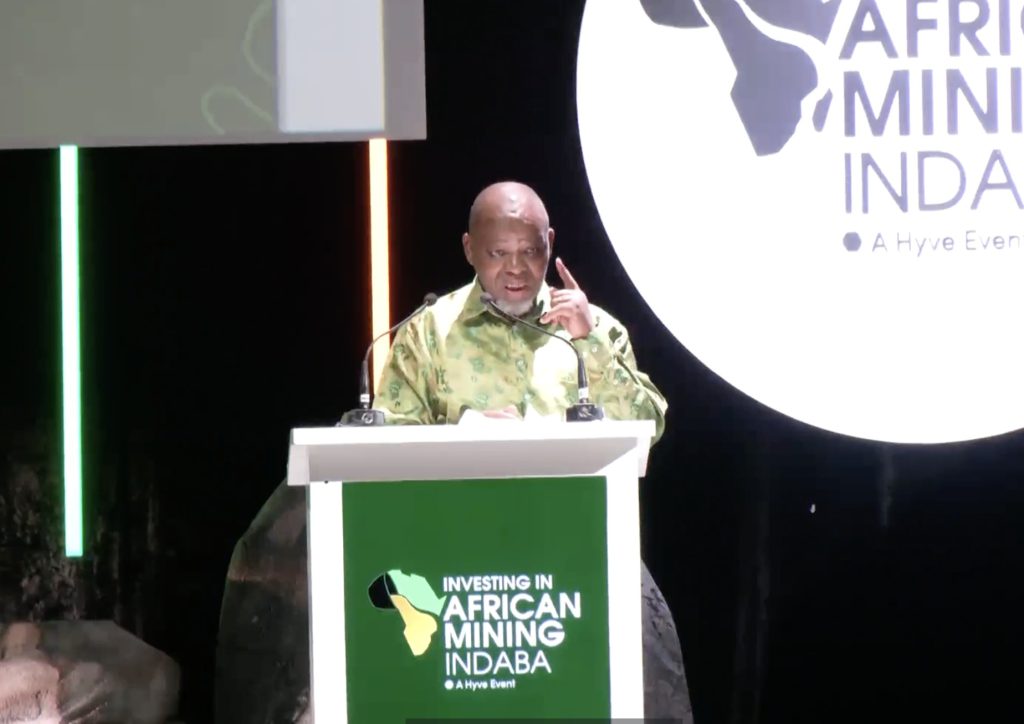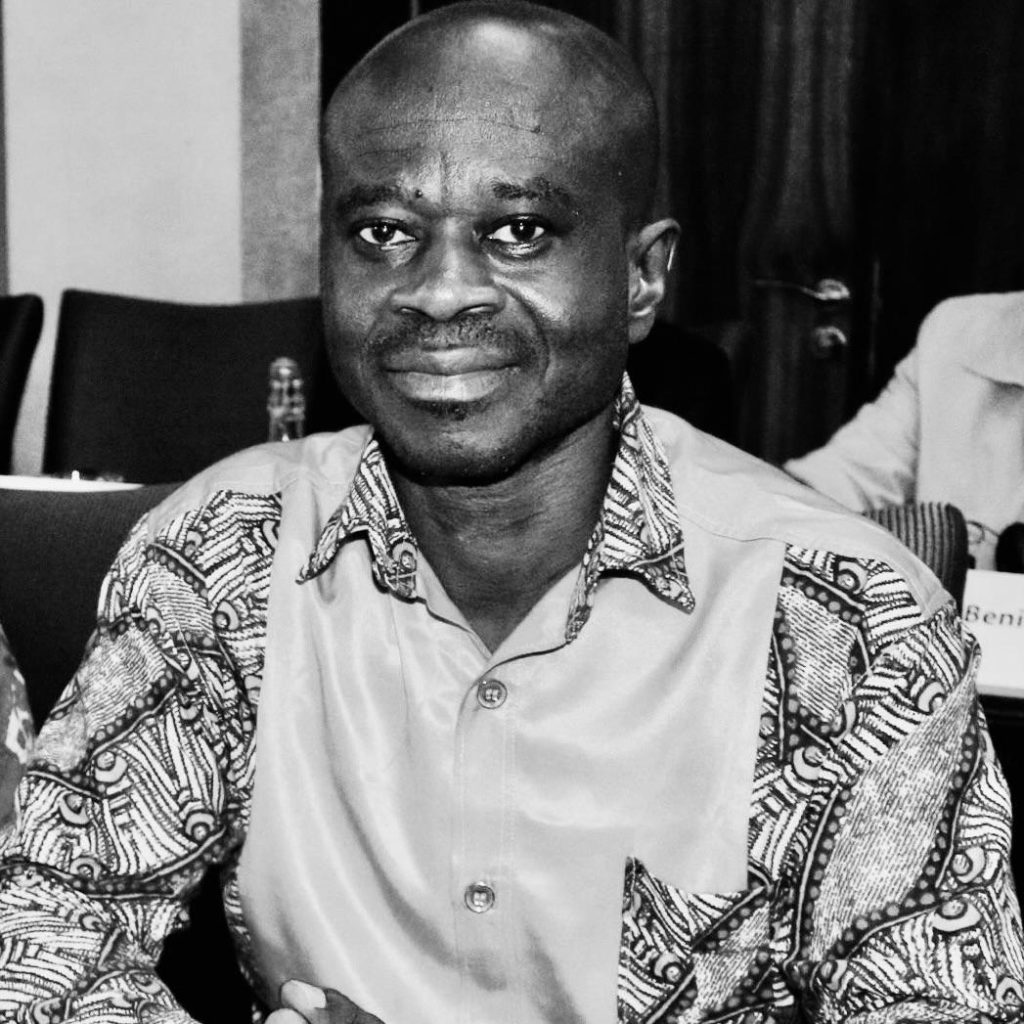In the midst of highly contested elections in France, the United Kingdom, South Africa, India and Taiwan, a wider and arguably as important vote on climate change took place. Billed as “the world’s largest standalone public opinion survey on climate change”, the results of the People’s Climate Vote, were published on 20 June 2024. They reflect the views of over 73,000 people in 77 countries – countries that represent 87% of the world’s population. Of those 77, 21 are African countries. The survey was administered in 87 different languages, including these 33 widely spoken languages in Africa.
The Vote comes at a crucial juncture: reports show that the rate of temperature increase in Africa has accelerated. Climate-related disasters have increased, affecting more than 100 million people and causing US$8.5 billion worth of damage in 2022 alone. 19 African countries are due to hold general or presidential elections this year, and the African Union joining the G20 as a permanent member, the results from the Vote are a useful snapshot of public sentiment.
- People are more aware about climate change, and they want more government action. Six in ten people in Least Developed Countries (LDCs) said they were more worried about climate change than they were last year. Amongst the African countries in the survey, Ugandans said they thought about climate change the most. In Morocco, Algeria, Egypt, Tunisia and Sudan, more women thought about climate change daily or weekly than men. Women are also less satisfied with their countries’ efforts to address climate change, especially in Kenya, the Democratic Republic of Congo and Ethiopia. When it comes to government action, an overwhelming majority of respondents wanted their countries to strengthen their commitments to address climate change. A majority of people in Ethiopia, Tanzania and Benin (97%), Burkina Faso (95%) and Niger (96%) wanted stronger commitments from their countries on climate change. However, Niger largely had a positive view of climate action efforts, with 70% of the respondents believing that their country is doing well to address climate change.
- There is broad support to transition away from fossil fuels and invest in renewable energy. Public support for an energy transition was generally high across African countries, but with some exceptions. The majority of people in Nigeria, Egypt, Sudan, Ethiopia, Niger and South Africa support a quick energy transition – a significant result given that these countries rank among the world’s top coal, natural gas and oil producers. However, only 38% of people in Morocco want a quick transition, with half of the respondents supporting a slow transition instead.
- There is a strong desire for more collaboration between countries to address climate change. People also want faith and community leaders to be part of the process. The 2024 edition of the Global Peace Index shows a sharp increase in conflict and violence across the world. Despite increased concerns about global security and war, there was near 100% support for countries working together to address climate change. Responses from Ethiopia and Kenya ranked high globally in wanting international collaboration on climate change even when there are disagreements on issues such as trade. People in Tanzania, Côte d’Ivoire, Kenya and the DRC believed that government efforts were the most impactful in addressing climate change, with respondents in Niger and Nigeria seeing community and faith leaders, and the United Nations also having a strong impact.
- Extreme weather events affect big life decisions, and people want more protection for communities and the natural environment from worsening climate change. 2023 was a year marked by extreme weather events from cyclones and droughts to floods and high temperatures, with an estimated 15,700 people killed and 34 million people displaced in Africa. Algeria, Madagascar, Comoros, Zimbabwe and Egypt were the top 5 African countries where people were most likely to report that extreme weather events had become worse than usual. This increase in extreme weather events impacted big life decisions such as migration and family planning. 88% of people in Sub-Saharan Africa wanted more protection from extreme weather, with Niger, Ethiopia and Algeria amongst the countries most likely to want action to protect and restore nature.
- People agree that poorer, less developed countries need more support to address climate change. There was large support for increasing help for poorer countries. Respondents from every country said that rich countries should give more help to poorer countries to address climate change. Mozambique, Niger, the DRC and Burkina Faso showed the strongest support for poorer countries receiving financial assistance.
The results of the People’s Climate Vote are a crucial window into how people across Africa and the world think about climate change, its impact on their lives and efforts to address it. Climate issues rarely feature at the ballot box in Africa and the results of this vote suggest they should.





